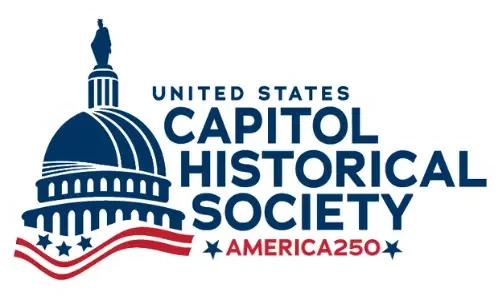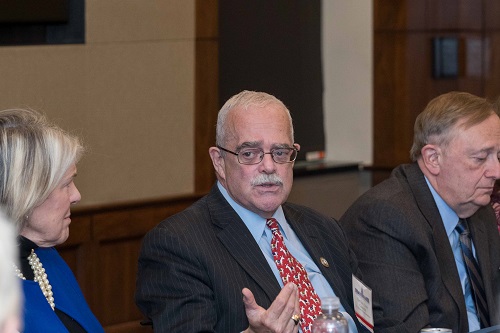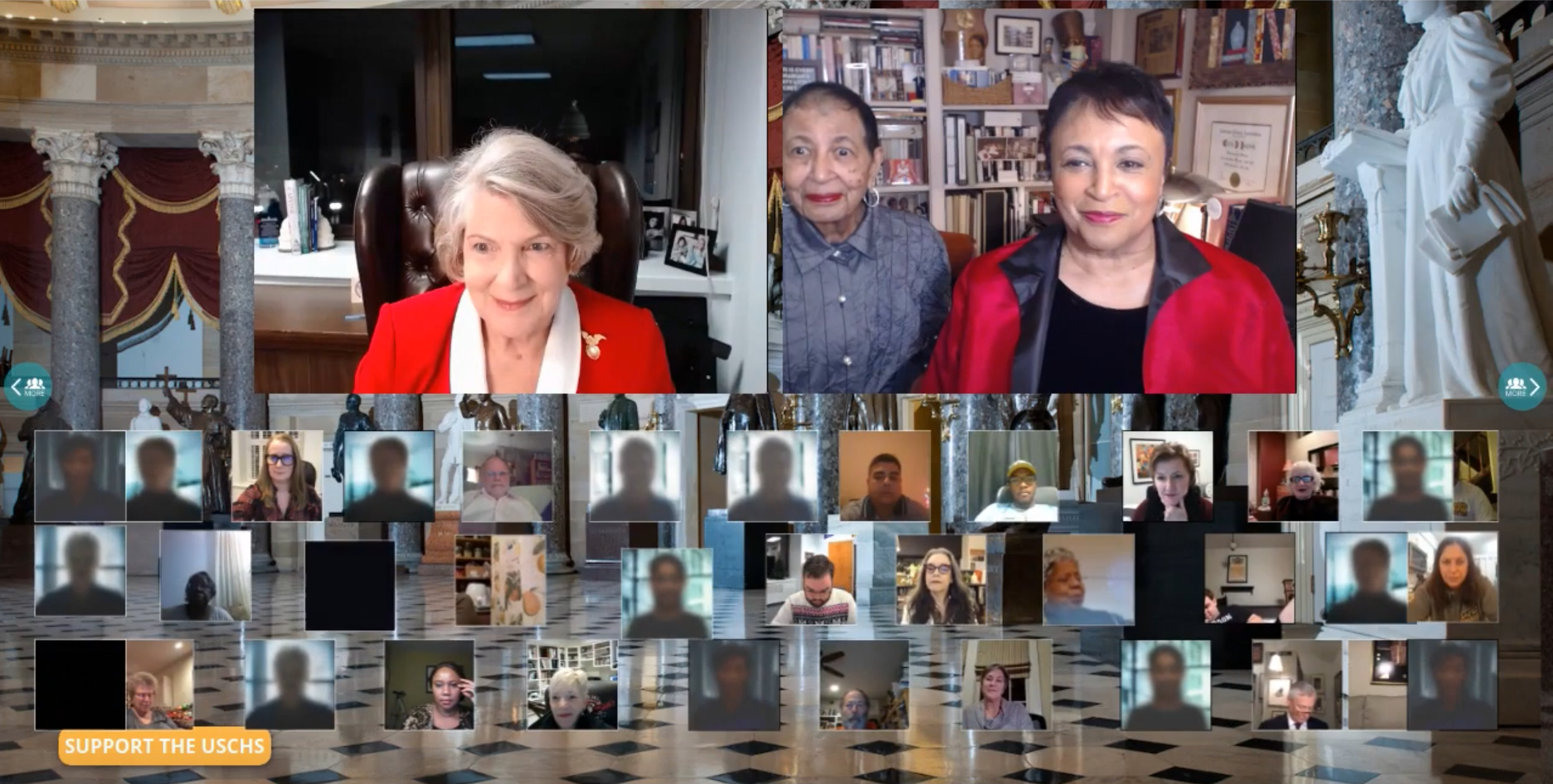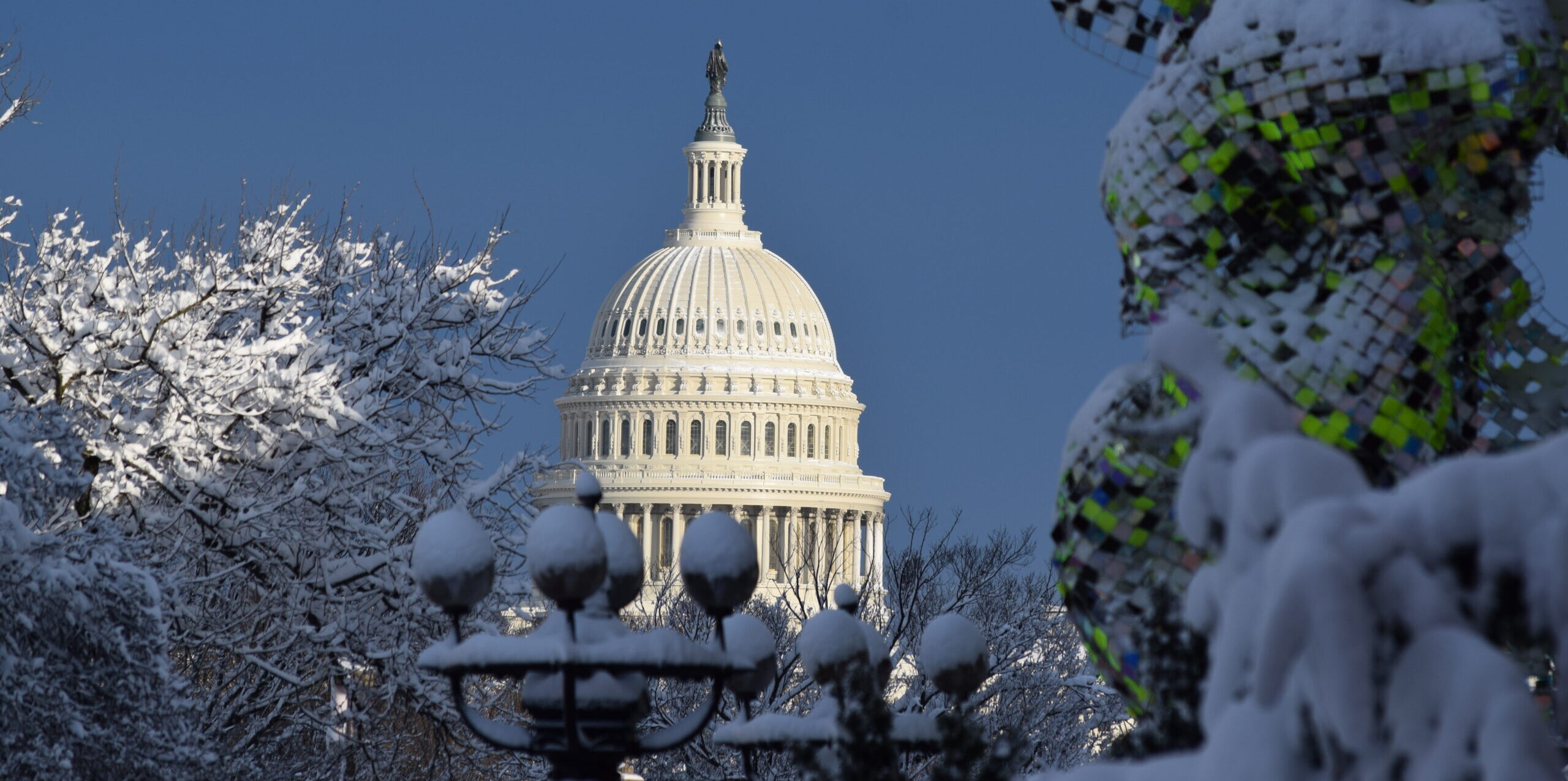On Monday, June 21, 2021, the U.S. Supreme Court ruled unanimously that the National Collegiate Athletic Association (NCAA) cannot limit education-related benefits for student-athletes—a landmark decision that shakes to the core the foundation of amateurism in college athletics. Although the ruling solely focuses on benefits and payments to athletes related to education—like tuition, study abroad opportunities, paid internships, computers, and graduate scholarships—the ruling’s precedent opens the door to other challenges to the NCAA’s rules on student-athlete compensation. Surely enough, just nine days after the ruling, the NCAA responded by announcing an interim plan that allows student-athletes to receive money for the use of their name, image, and likeness (NIL) without risk of losing their athletic eligibility. The NCAA has also asked Congress to pass its own NIL legislation that standardizes student-athlete compensation across the country instead of the state-by-state approach that this upcoming college football season is about to encounter. Toward this end, bipartisan negotiations on Capitol Hill have already begun.
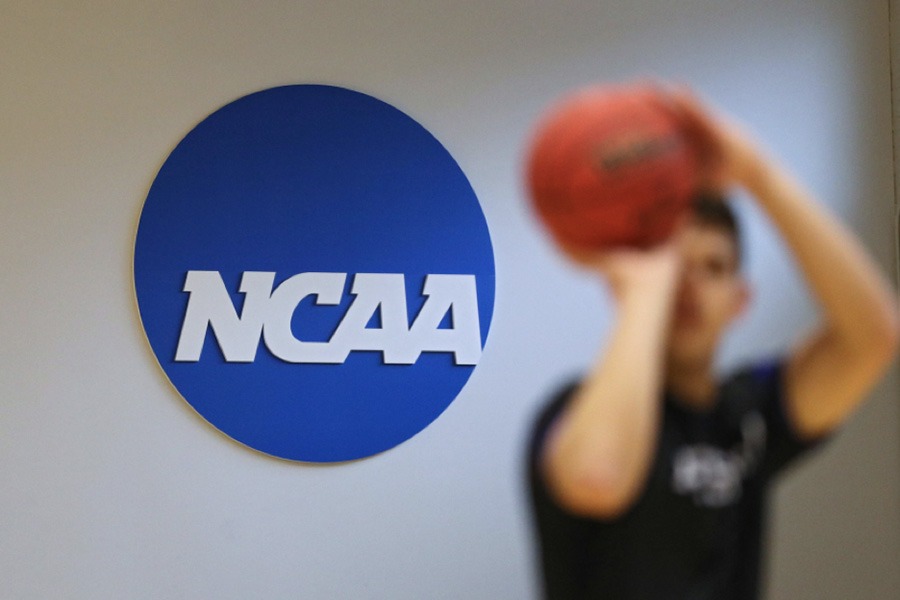
First, some more background on the implications of the NCAA v. Alston case.
The case was introduced by Shawne Alston, a former West Virginia University running back, and other student-athletes who challenged the NCAA’s compensation rules. Alston’s argument was that the NCAA’s limits on education-related benefits violated antitrust laws. The NCAA’s counter argument was that its regulations were necessary to preserve the amateur nature of college athletics—setting boundaries between student-athletes and professional teams. The court sided with Alston.
Justice Brett M. Kavanaugh gave the concurring opinion:
Nowhere else in America can businesses get away with agreeing not to pay their workers a fair market rate on the theory that their product is defined by not paying their workers a fair market rate…And under ordinary principles of antitrust law, it is not evident why college sports should be any different. The NCAA is not above the law.
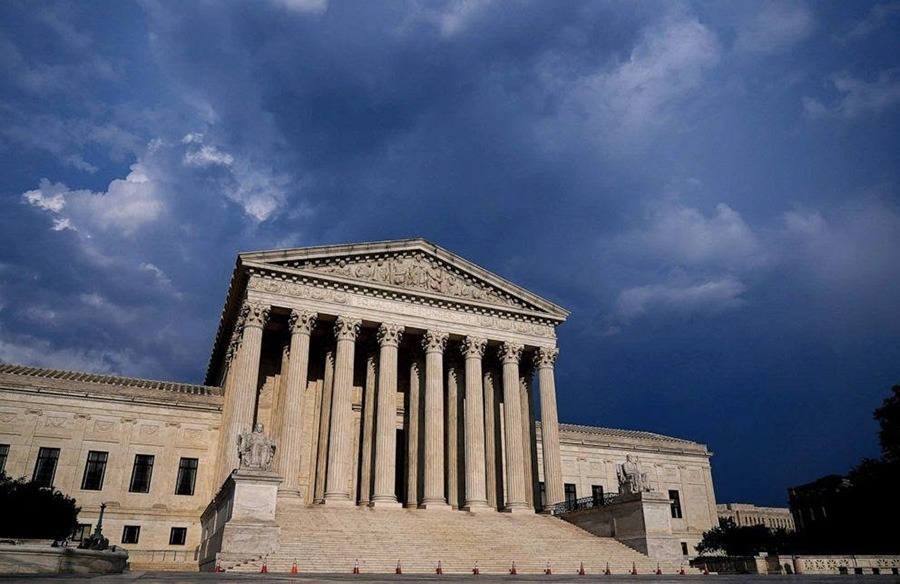
Since 1906, when the association was founded, the NCAA has been tasked with reforming and regulating the rules of college sports. For most of its history, the organization has maintained that students should play sports as amateurs and not receive more money than the cost of attending college. While this can total hundreds of thousands of dollars depending on the sport, level, and institution, this stance has become increasingly controversial with the expansion of television rights deals, video games, and other products that make major college athletics a billion-dollar industry. Further, most scholarship athletes spend about 30-40 hours a week dedicated to their sport. This is one reason that some college athletes have attempted to unionize. For example, in 2014, Northwestern University student-athletes lobbied Congress for support in their bid to create their own union. At the time, U.S. Sen. Sherrod Brown said that:
The right to fair treatment is why all workers, no matter the job or venue, should have the opportunity to unionize. College athletes dedicate the same hours to their sport as fulltime employees and deserve the same protections as any other worker.
Brown also offered his assistance to “ensure [these athletes’] rights are commensurate with their sacrifice and responsibilities.” One year later, however, the National Labor Relations Board blocked their petition to unionize. Since then, the cultural landscape has shifted and there is greater public support for increasing college athlete compensation than there was a decade ago.
That’s because of the growing revenue in major college athletics. In college football, for instance, the most powerful conferences organize the College Football Playoff, a television event that paid conferences and schools almost $550 million in the 2018-2019 season. In recent and related news, the College Football Playoff announced recently that it is considering tripling the number of teams involved in the playoff—which, based on Navigate Research estimates, could bring in as much as $1.9 billion annually.
The pressing question remains: should student-athletes get a larger piece of the profit pie, and if so, in what ways and by how much? Addressing and standardizing these issues is where Congress could play a significant role in the coming years.
Currently, individual states are taking action in the absence of a federal law. In 2019, California signed the Fair Pay to Play Act which confronts NIL payments by allowing collegiate athletes to accept both endorsements and scholarships. Since California’s Fair Pay to Play Act, 19 other states have passed NIL laws. Individual schools are also taken initiative based on the flexibility granted by their state’s new law. As an example, Ohio State recently announced a program in which its players would see revenue from jersey sales.
The initiative of state legislatures and institutions as well as the shifting weight of public opinion has made the question of an all-encompassing federal law more urgent. Tom McMillen, the former Congressional lawmaker and current president of Lead1 (the membership association that represents all 130 football bowl subdivision programs), believes this crucible “is fertile legislative ground. Sometimes you need chaos to get people focused on Washington.” The NCAA is lobbying Congress to pass a law that establishes a national standard and eliminates the state-by-state variance.
Needless to say, Congress is under pressure to deliver. And in the last year, bipartisan discussion over NIL legislation has taken place. Generally speaking, the debate has been over both the scope of the bill (narrow vs. broad) and its specific rules on NIL (restrictive vs. permissive). Finally, in May, these discussions led to a proposed bill that incorporates elements of Congressional NIL bills previously introduced by both Democrats and Republicans. Two lawmakers, Sen. Jerry Moran (R-KS) and Sen Richard Blumenthal (D-CT) confirmed the growing unity on the bill. Back in May, Moran was confident that “senators of all strides are interested in working together to find a solution.” Blumenthal agreed, saying he was “encouraged” by what Republican lawmakers contributed to the discussion.
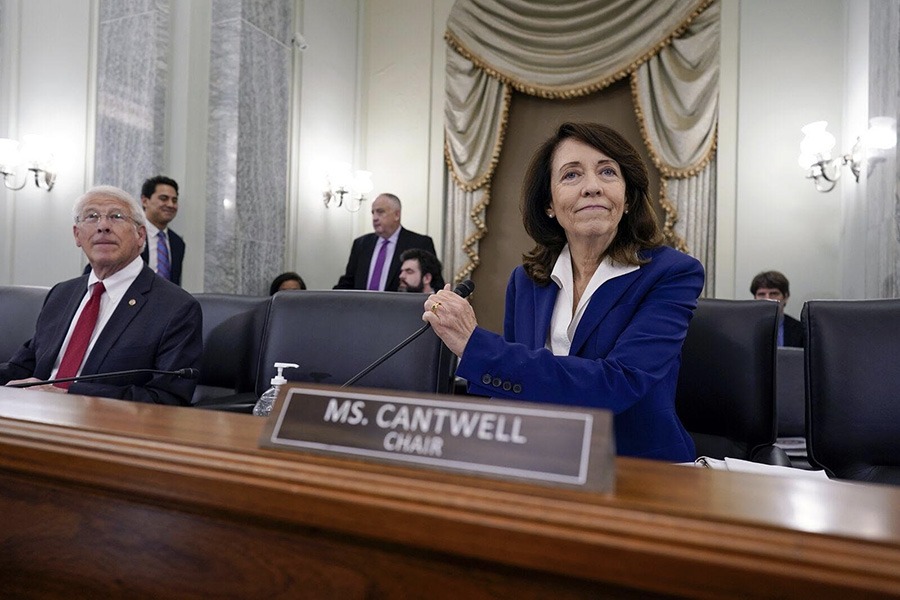
While there was some hope that Congress would pass something this summer, it’s become increasingly clear that it won’t happen. Sen. Maria Cantwell (D-WA), the chair of the Senate Commerce Committee which oversees sports-related issues, said:
I think it’s probably safe to say something is not going to make it through the halls of Congress by that date…But I do think that the deadline is continuing to put pressure on us to produce what that agreement could look like.
With or without Congress, the United States is on the precipice of a new world of college sports—if it’s not there currently. Athletes have already begun to sign endorsement deals and marketing contracts. Auburn University quarterback Bo Nix signed a deal with Milos, a sweet tea brand, at exactly midnight on July 1—the day the NCAA’s interim plan went into effect. Nick Saban, the head coach of Auburn’s rival, Alabama, recently claimed his quarterback was approaching $1 million in NIL endorsements. It required lawmakers and the courts to usher in what numerous commentators now call the “Wild West” of college sports. Now it is up to lawmakers and the courts to bring order to the chaos.
Written by guest contributor Anna Biesecker-Mast, a student at the University of Dayton studying History and English; and minoring in Religious Studies and Women’s and Gender Studies. Edited by U.S. Capitol Historical Society staff.
Sources:
https://www.si.com/college/2021/05/18/ncaa-athletes-rights-profit-congress-nil-bill
https://www.nytimes.com/2021/06/21/us/supreme-court-ncaa-student-athletes.html
https://www.aspeninstitute.org/blog-posts/history-behind-debate-paying-ncaa-athletes/
https://www.nytimes.com/2021/06/30/sports/ncaabasketball/ncaa-nil-rules.html
https://www.cnn.com/2021/06/23/us/ncaa-supreme-court-ruling-explainer-trnd/index.html
https://www.ncpanow.org/solutions-and-resources/academics
https://thesportjournal.org/article/pointcounterpoint-paying-college-athletes/
https://historynewsnetwork.org/article/180685
https://www.espn.com/college-sports/story/_/id/31086019/everything-need-know-ncaa-nil-debate
https://www.nytimes.com/2010/09/09/sports/ncaafootball/09sportsbriefs-green.html
